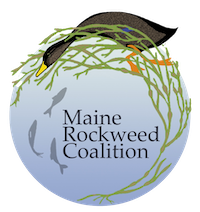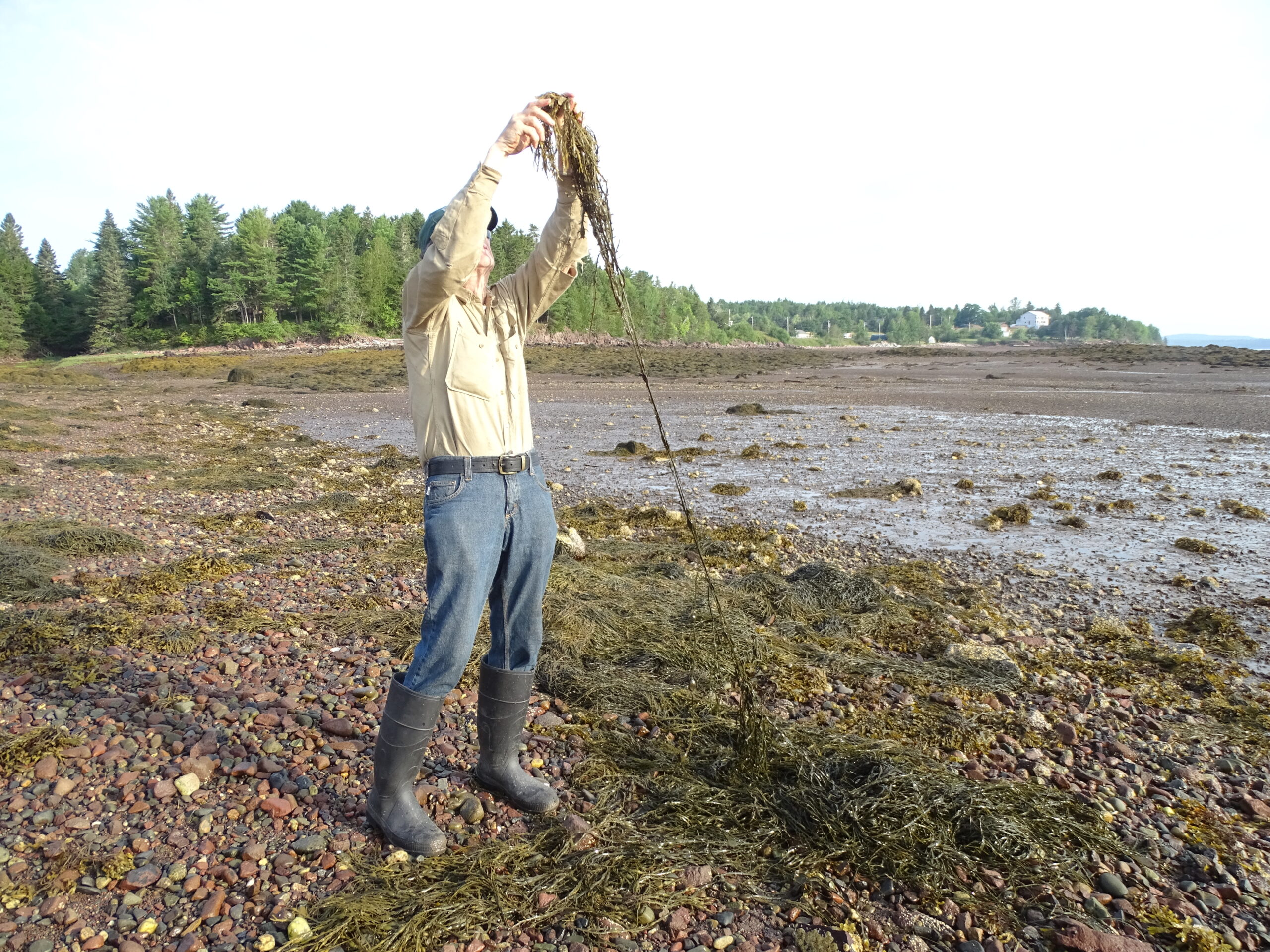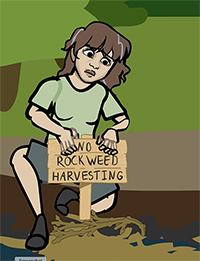“Nonetheless, even a ‘sympathetically generous and broad interpretation of the public’s rights… cannot transform the harvesting of a marine plant into ‘fishing’.”
2019 Maine Supreme Court Decision, Ross v. Acadian Seaplants
The 2019 Maine Supreme Court decision: 7-0 unanimous agreement that rockweed is privately owned by the owner of the intertidal zone, because cutting vegetation is not “fishing”, and therefore not a public trust right.
This means >> rockweed harvesters must have the rockweed/landowner’s permission to cut and remove rockweed.


